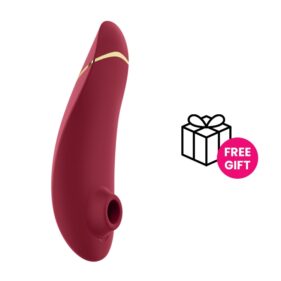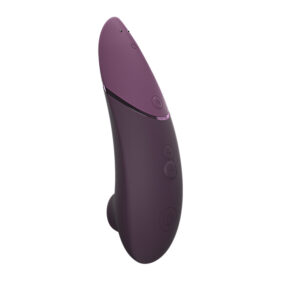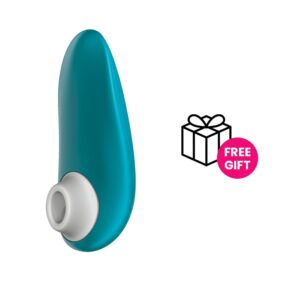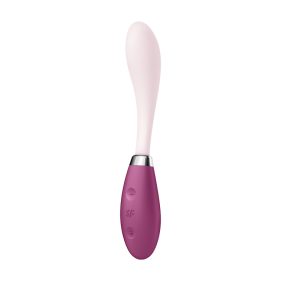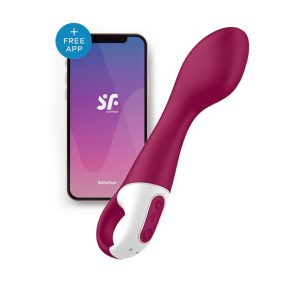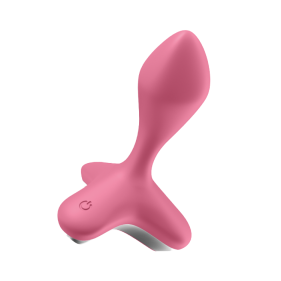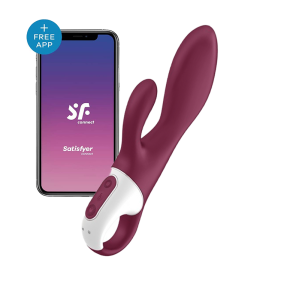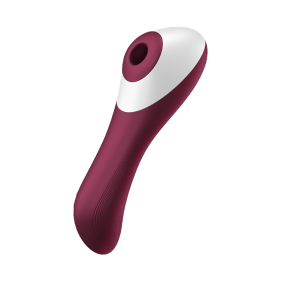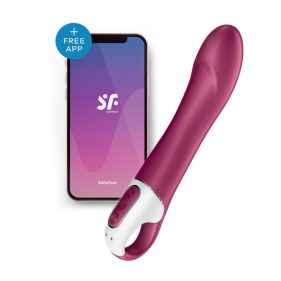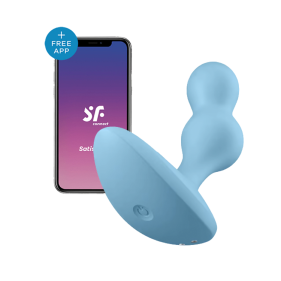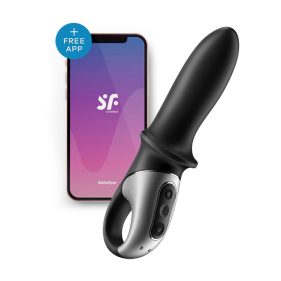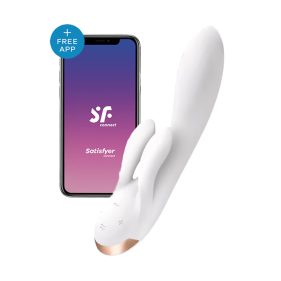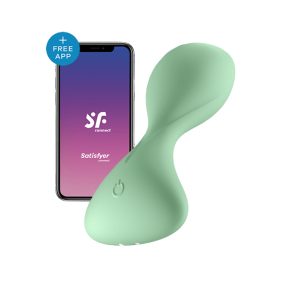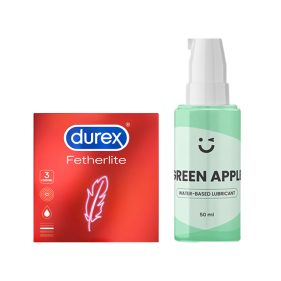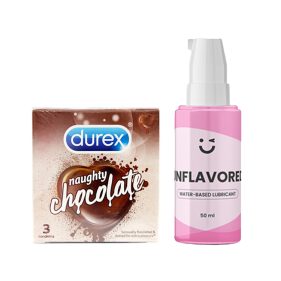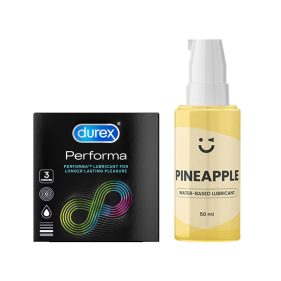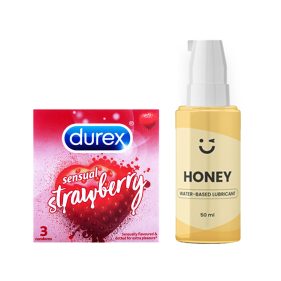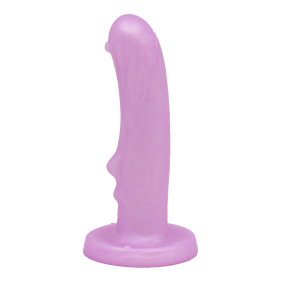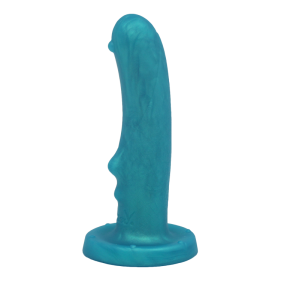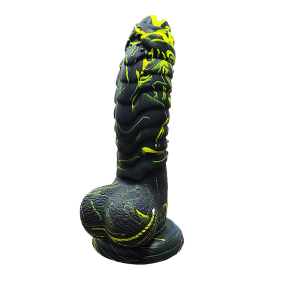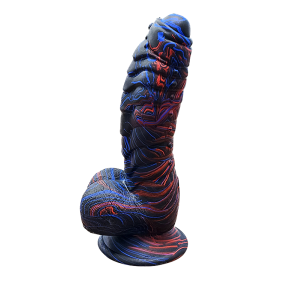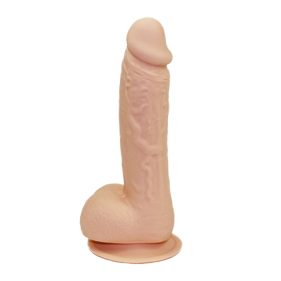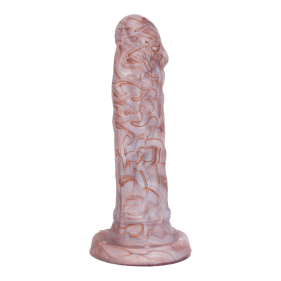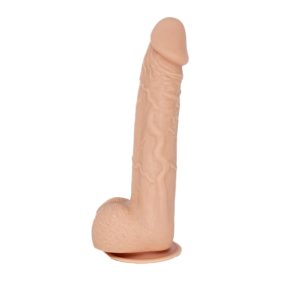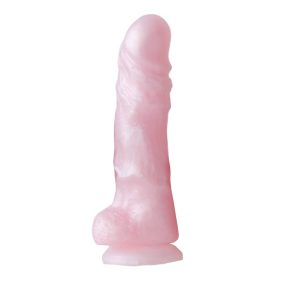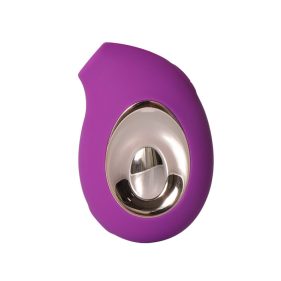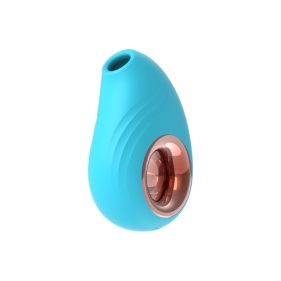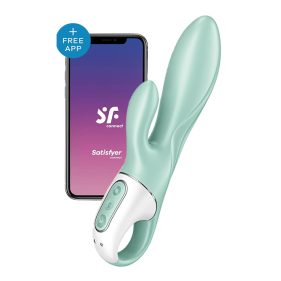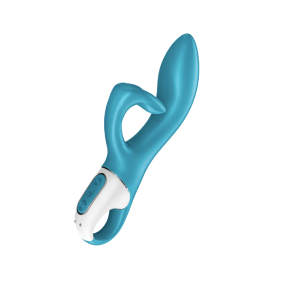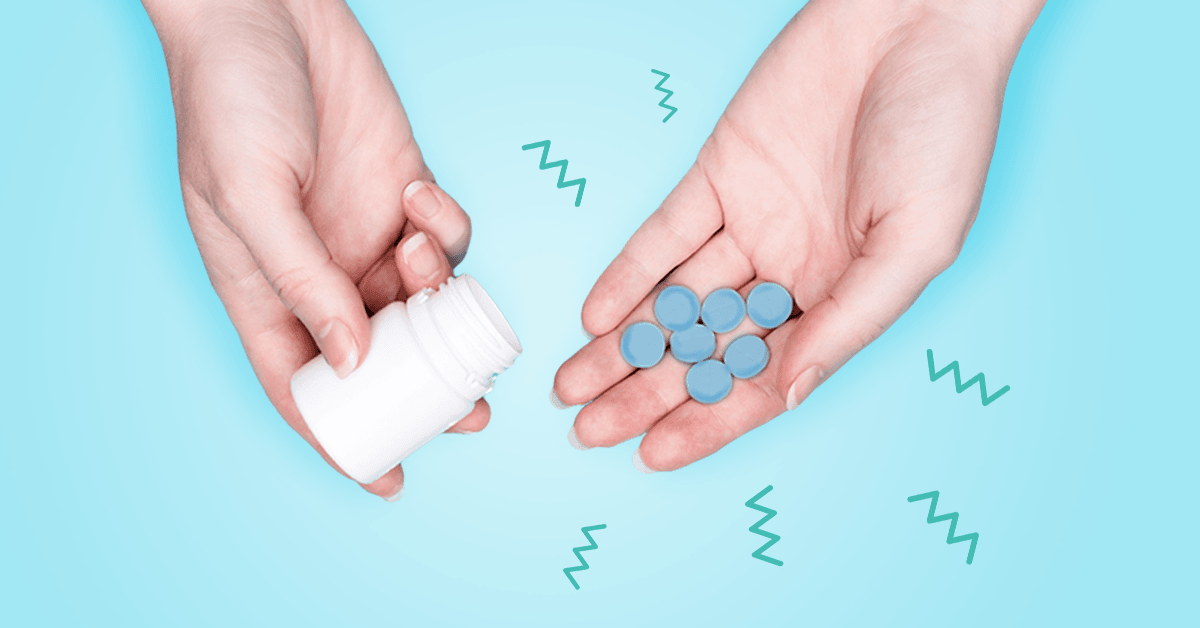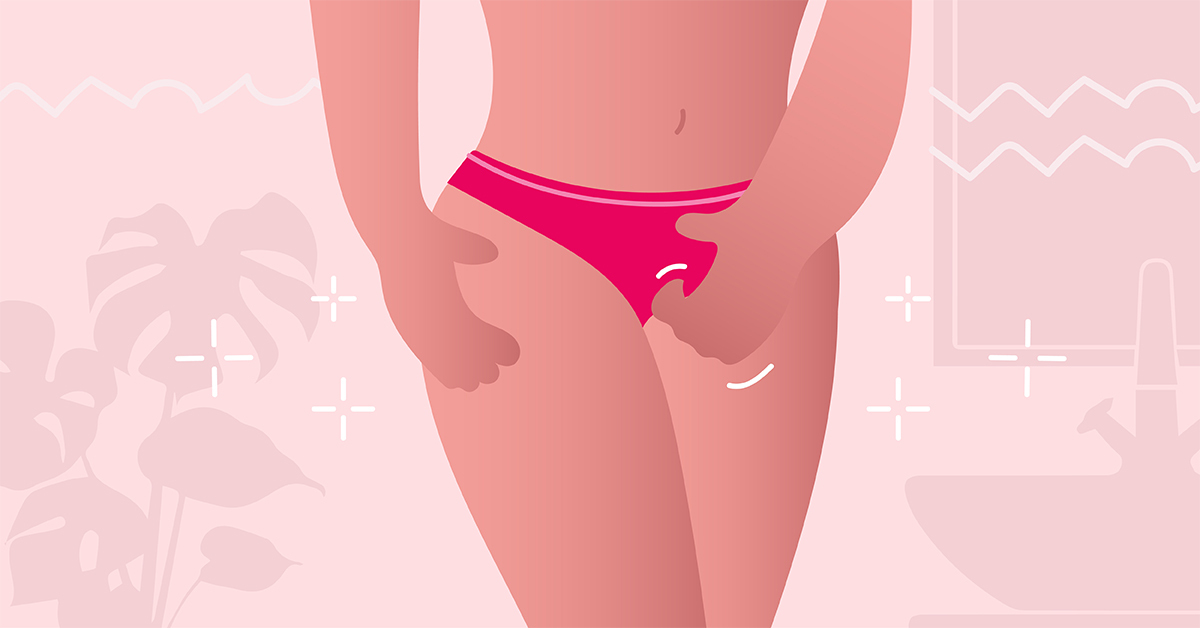
This article on vaginal itching is meant to be a source of valuable information for the reader. However, it is not a substitute for direct expert assistance. Seek help from a medical or sexual health professional if you’re experiencing a severe case of this condition.
Wondering why your vagina is itchy? Well, there are several potential reasons why you’re experiencing it down there. It could be simply an occasional vaginal itching—nothing serious and often resolves on its own. However, that annoying itching could also lead to something severe.
But no worries, we’re here to help.
For this guide, we’ll list down 10 of the possible reasons why your vagina is itchy. By learning about these potential causes, you’ll be able to determine if what you need is a simple homemade remedy or medical help. Let’s dive right in!
Vagina Vs. Vulva
Before we break down exactly why your vagina is itchy, let’s get a bit technical first.
There may have been a possibility you’d say in passing that your vagina is itching, but actually, it’s your vulva. The vagina is a part of the vulva area. Specifically, it’s the internal, muscular part running from the cervix to the outside world. It also measures between 3-6 inches. As for the vulva area, it’s referring the external parts of your body. Those parts include the clitoris, urethra, labia (majora and minora), and vaginal opening.
So Why Is My Vagina Itchy?
There are quite many factors behind the itch between your legs, vulva owners. Keep reading below to unlock what factors are responsible for vaginal itching.
Contact Dermatitis
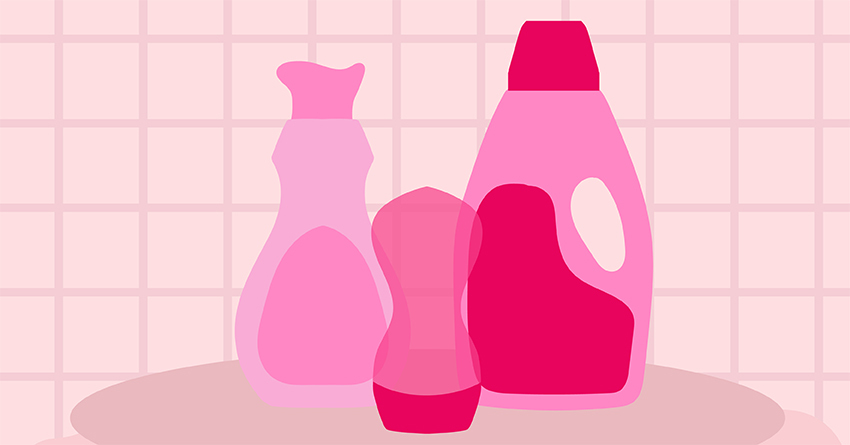
Are you using a new brand of condoms? Lube? Tampons? Body wash?
If you did and now your vagina is itching like crazy, you may have contracted this condition. And when you do, you may get an allergic reaction due to the irritation.
Substances that spark Contact Dermatitis include:
- Fabric Softeners
- Latex Condoms
- Laundry Detergent
- Lubricants
- Soap or Body Wash
- Ointments or Creams
- Scented Toilet Paper
- Bubble Baths
- Tampons or Pads
- Your own urine, if you have diabetes
Alongside these substances, you can get contact dermatitis through prolonged friction from certain activities such as wearing tight clothing/underwear, horseback riding, and riding a bike. If you think you got it from those activities, it’s best to refrain from it temporarily until you get an effective remedy.
Menstruation
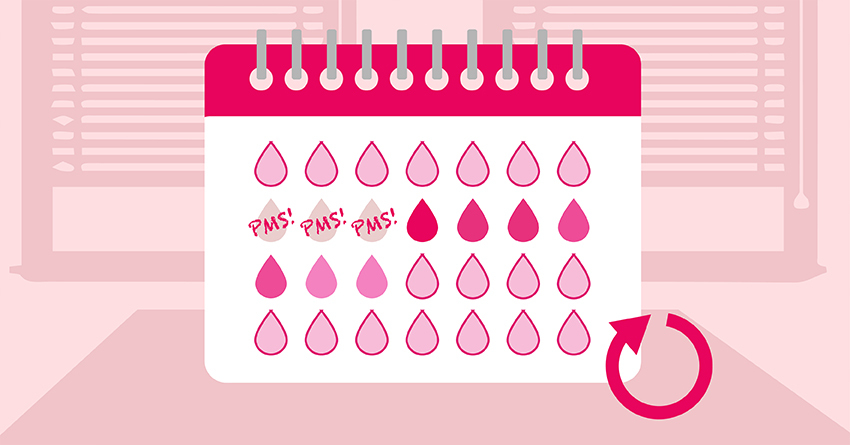
If your vagina is itchy before or during your period, its cause is most likely to be hormonal changes. You see, the vagina consists of a delicate balance of different yeasts and bacteria. If there’s a change in hormones, the relative levels of these microorganisms will change too. This will end up with you fumbling around because your vagina is getting itchy.
Beauty Treatments
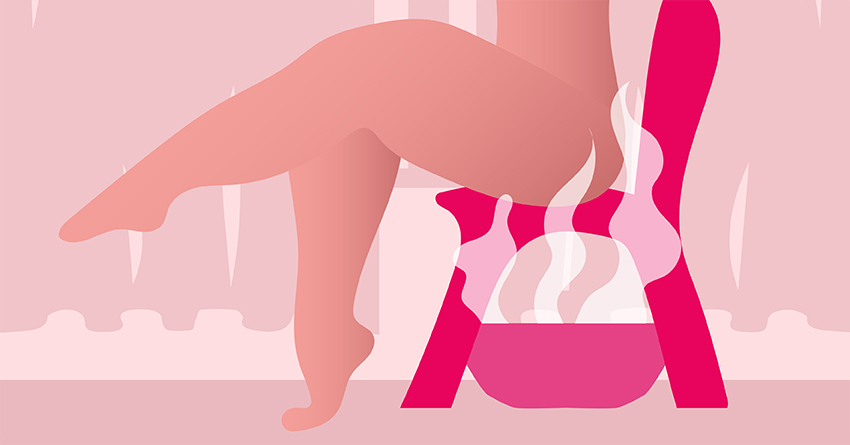
Before diving into this point, you should know first that all vulvas are beautiful. Your vulva isn’t weird; it’s perfectly fine in its natural glory. So if you’re someone who consistently tries various trends to improve the look of your vulva, it’s time to stop. You might not realize it, but most “beauty” treatments harm your vagina. Certain treatments such as vulva masks, vaginal steaming, and douching can actually ruin your pH balance, irritating your vagina in the process.
There are also some products, such as fragrant feminine wash and shaving wax, that contain irritants. With that, skip those treatments and never look back. The thing is, the vagina is a self-cleaning organ. You don’t need tons of procedures and products to keep it healthy. As long as you’re consistently cleaning it with mild soap and water and using protection against sexually-transmitted diseases, you’ll be fine!
Skin Diseases
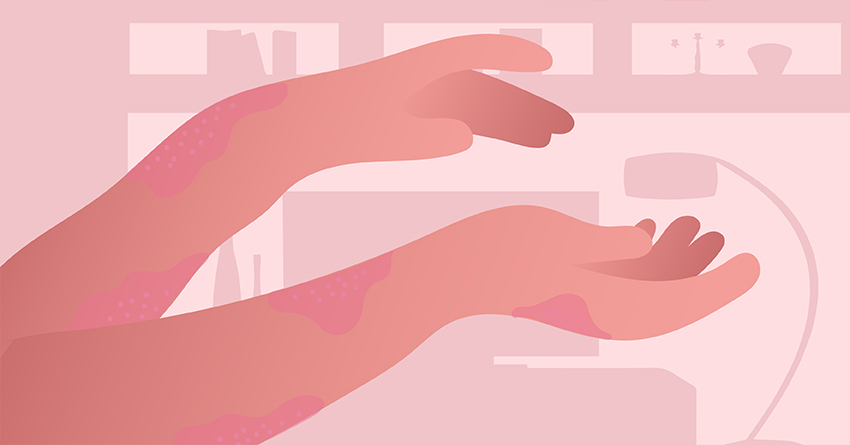
Another potential reason why your vagina is itchy is that you have existing skin diseases. One example is such as psoriasis, an autoimmune condition that can cause dry, itchy, and painful patches on your skin. In rare cases, it can affect your vulva and even develop inside your vagina. Another is eczema, a skin condition that also causes your skin to become dry, itchy, cracked, and scaly. It affects any part of the body, including your genital area.
Pubic Lice
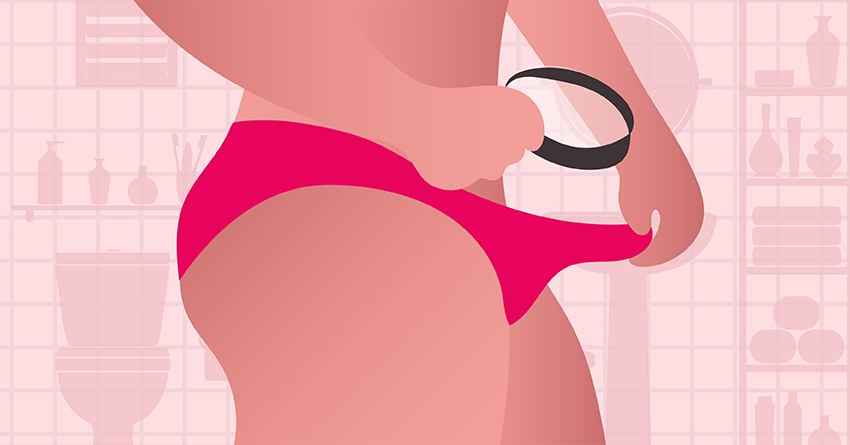
If you feel that your vagina becomes itchy after sex, perhaps some crab-like creatures have invaded it. Scary, but it’s a big possibility. Those creatures are called pubic lice, which get attached to pubic hair and even lay eggs on the roots. Because of this, it becomes difficult to eliminate them. To check if you have pubic lice, grab a magnifying glass, and have a thorough look at your pubic area.
If you see small tan-colored or grey-colored bugs, decontaminate them as soon as possible. This can be done by buying over-the-counter lotions and shampoos that remove these pesky crabs. Once it’s all sorted out, you need to make sure that they won’t be able to propagate again. Remove the lice eggs by shaving your hair, or tweezing them.
It also helps to check your underwear and any item that touches your intimate area. Though most cases of pubic lice happen by having sex with someone that has it, you can also get these pesky bugs from dirty underwear, pants, or sheets.
Menopause
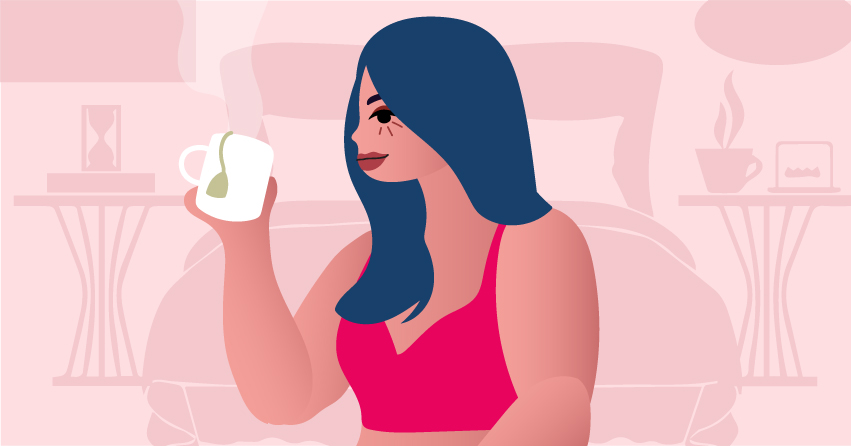
When you hit your 40s, say hello to menopause. But you can experience symptoms of this during your thirties, also known as the stage of perimenopause.
Either way, both states lower one’s estrogen levels. This then causes the vaginal and vulva tissues to become thinner, drier, and less elastic. Vaginas are usually known to get “wet” as means of lubrication, especially when aroused for sexual intercourse. But dryness makes you more prone to irritation and itching in your vagina. Then with doing the deed, it may be less pleasurable and more painful. If you think the itching is from menopause, the best way to treat this is through estrogen cream, tablets, or a vaginal ring insert.
-
₱11,990.00
-
₱12,600.00
-
₱4,750.00
-
₱12,645.00
Bacterial Vaginosis
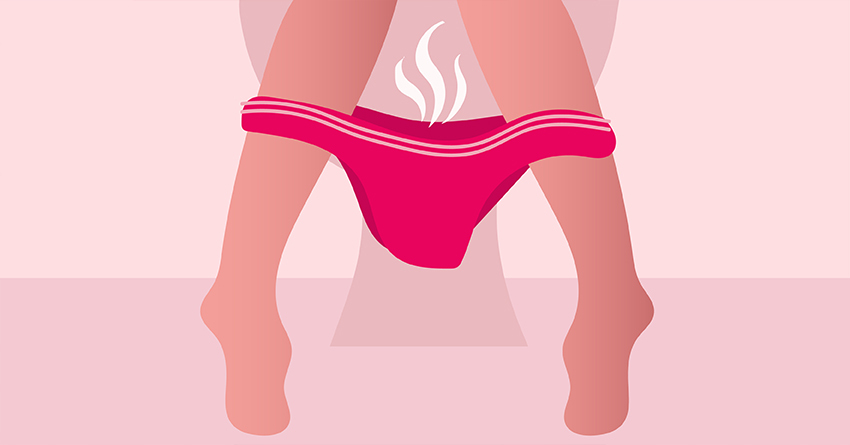
If the itching from your vagina comes with a loose gray/white discharge and strong vaginal odor, chances are you have Bacterial Vaginosis. This condition happens when there’s an imbalance between the good and the bad bacteria in your genitalia. It will then result in vaginal irritation, thus making your vagina itchy. Now, if you think this is the main cause of your vaginal itching, better consult a doctor as soon as possible. Once confirmed, the doctor will prescribe you antibiotics in pills or cream form.
Urinary Tract Infection
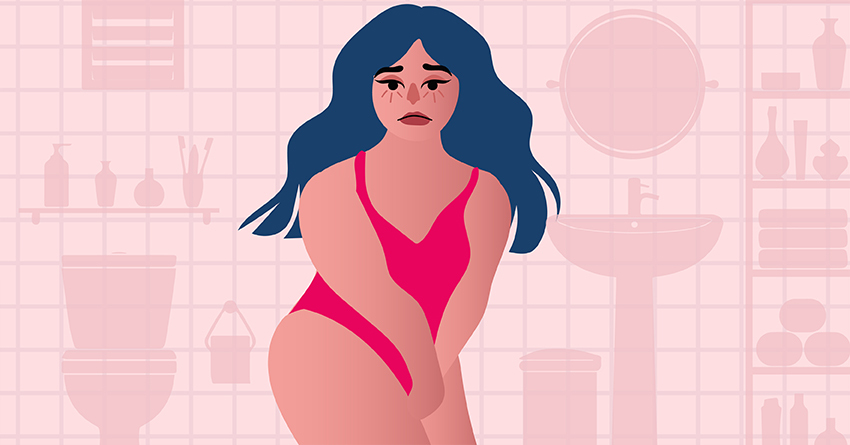
Also known as UTI, Urinary Tract Infection is a bacterial infection that occurs anywhere in your urinary tract— it can affect your kidneys, bladder, urethra, or ureters. Women suffering from this condition are usually experiencing a strong urge to pee, painful urination, cloudy and strong-smelling urine, and pelvic pain.
UTI can also cause one’s vagina to itch, especially if the infection is located near your urethra. If you’re experiencing the symptoms with itching, seek medical help immediately. You need to get several tests such as urinalysis to check if there’s actually an infection. You will also be prescribed several medications to remove the presence of bacteria in your urinary tract.
Yeast Infection
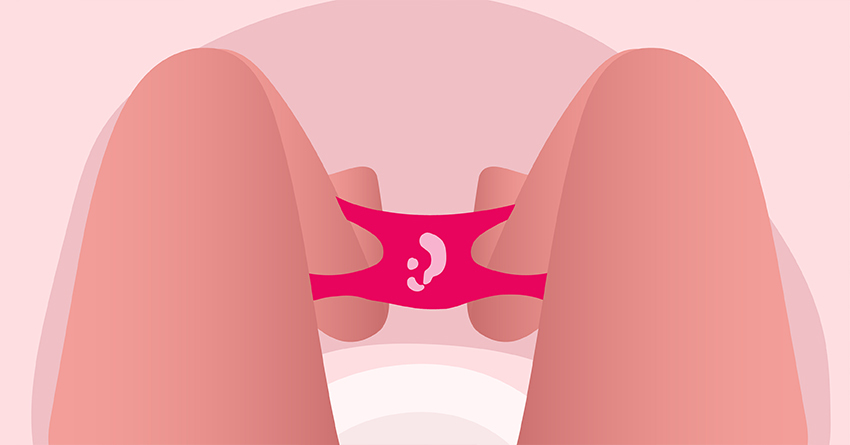
Yeast is normally present in the vagina. Specifically called candida, it’s a naturally occurring fungus that helps in maintaining the vag. It’s usually unproblematic, but it could be when it grows excessively in the vagina and vulva. This happens due to several factors—weakened immune system, pregnancy, antibiotics, and intercourse. The overgrowth will then make your vagina itchy, as well as produce a thick, white, cheesy discharge. If you’ve noticed this white discharge, along with the itchy sensations, you’re most likely to have a yeast infection.
Sexually Transmitted Diseases
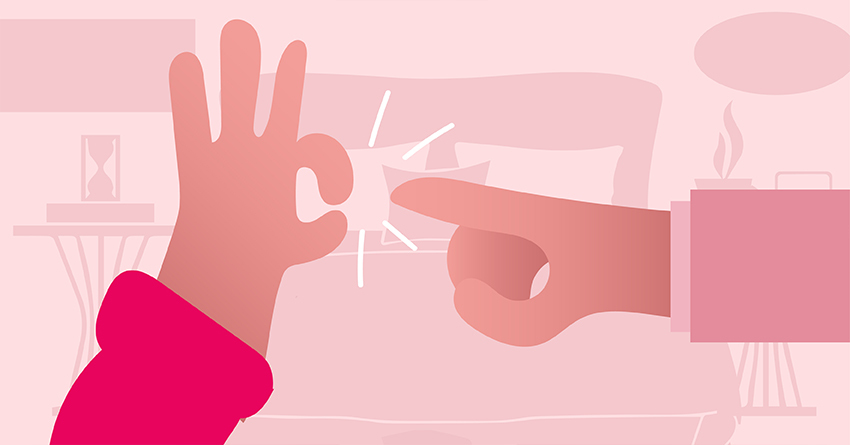
If you had unprotected sex and felt an itching sensation a few days or weeks after, there’s a chance that you were exposed to a sexually transmitted disease (STD).
Numerous STDs can cause vaginal itching such as the following:
- Genital Warts
- Gonorrhea
- Chlamydia
- Genital Herpes
- Trichomoniasis
But don’t panic just yet, as most of these STDs have additional symptoms. Before assuming that this is already the cause of your vaginal itching, check your body for abnormal growths, unusual vaginal discharge, and pain during urinating. If you’re unsure, it’s best to go to a sexual clinic and take an STD screening. Once it’s confirmed that you have STDs, you’ll be prescribed with antibiotics, antiparasitics, and antiviral to treat the infection.
Vulvar Cancer
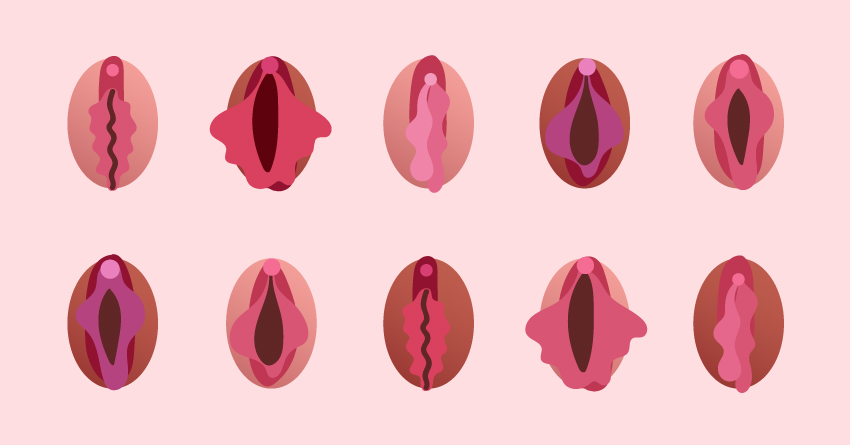
This rarely happens, but in some cases, vaginal itching can be a symptom of vulvar cancer. It’s a type of cancer that occurs and develops in the vulva, which is the external part of your genitals. It can affect the clitoris, the vulva lips, as well as the inner opening of the vagina. Symptoms usually don’t occur when having this type of cancer, especially in the early stages.
If it does though, you may experience vaginal itching, pain in the vulva area, and abnormal bleeding. But then again, don’t jump to conclusions. Get checked by a professional. In fact, have a yearly gynecologist checkup—the earlier the doctor detects this, the higher chance that you’ll recover.
-
₱5,395.00
-
₱3,395.00
-
₱4,745.00
-
Original price was: ₱4,745.00.₱4,270.50Current price is: ₱4,270.50.
Stress
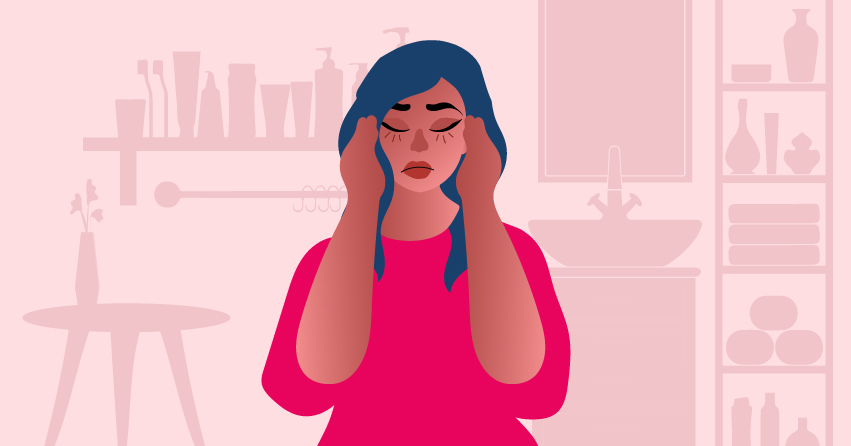
Although this is a rare case, it doesn’t make it any less of an important factor. Physical and emotional stress can trigger vaginal itching. Since it can attack your immune system, this makes you more susceptible to illnesses or infections when left untreated.
10 Ways to Prevent Your Vagina from Getting Itchy
Now that you’ve learned the potential reasons why your vagina is itchy, let’s move on to prevention tips that can help you lessen or prevent that annoying sensation. Read away!
Identify the irritants and stop using them.
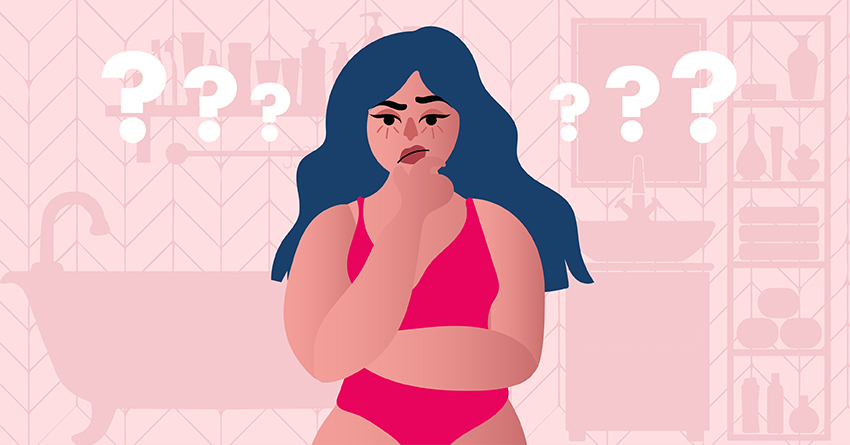
If you’ve been using a new brand of soap, body wash, lubricant, or fabric softener, stop using them should you experience vaginal itching afterward. This may contain ingredients such as parabens or glycerin that could irritate your vagina. Avoid wearing tight clothing as well since prolonged friction can irritate your vulva.
Use warm water and gentle soap when washing your vulva.
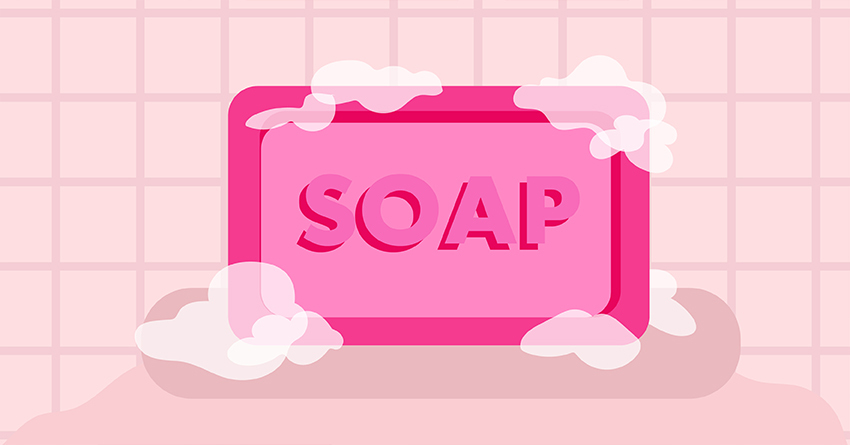
When washing your intimate area, only use warm water and a mild unscented soap/cleanser. That’s it—there’s no need for scented feminine washes, feminine sprays, douches, lotion, vulva scrub, scented oils, bubble bath salts, and other unnecessary vaginal products. Also, don’t use soap directly to the vulva, use warm water and hand, lightly scrub the soap in your hand, then start cleaning your vulva with the soaped-up hand. Once done, pat dry your vulva instead of rubbing it with a towel. You can also use a hairdryer in a cool setting to dry the vulva.
Say no to vaginal “beauty” treatments.
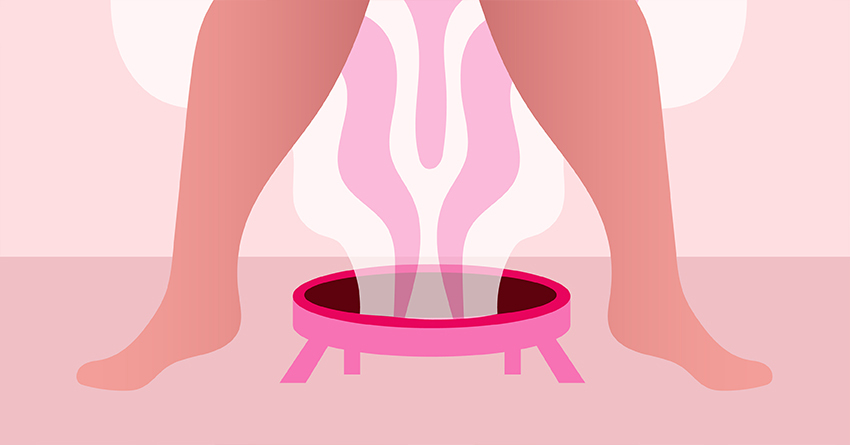
If you want to prevent your vagina from getting itchy, steer clear of trendy vulva treatments. Trying out vaginal steaming, vaginal douching, or vulva scrubbing is unnecessary and may even irritate your vulvar skin. Also, when shaving or waxing out your pubic hair, it’s best to check the label first and see if there are questionable ingredients in there, such as perfumes or parabens.
Go for cotton underwear.
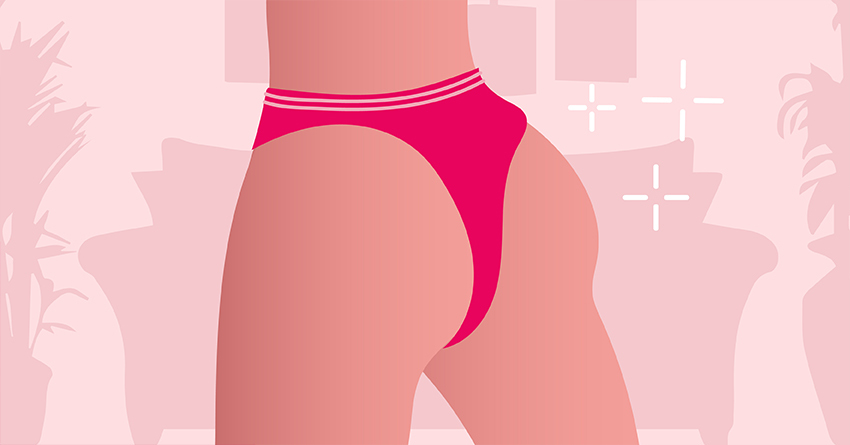
Save up the lace for special nights. As much as possible, wear white, all-cotton underwear for everyday use to avoid an itchy vagina. Cotton provides ventilation, letting air in and moisture out. The material is also hypoallergenic, which reduces the risk of irritations. It keeps your genitals dry and comfy throughout the day, lessening the tightness and heat between your legs. It’s also best to let your vagina breathe at nighttime, and that’s by sleeping with loose-fitting cotton boxers and pajamas, without underwear.
-
₱4,745.00
-
₱4,745.00
-
Original price was: ₱4,745.00.₱4,270.50Current price is: ₱4,270.50.
-
₱4,745.00
Treat the itching with yogurt.
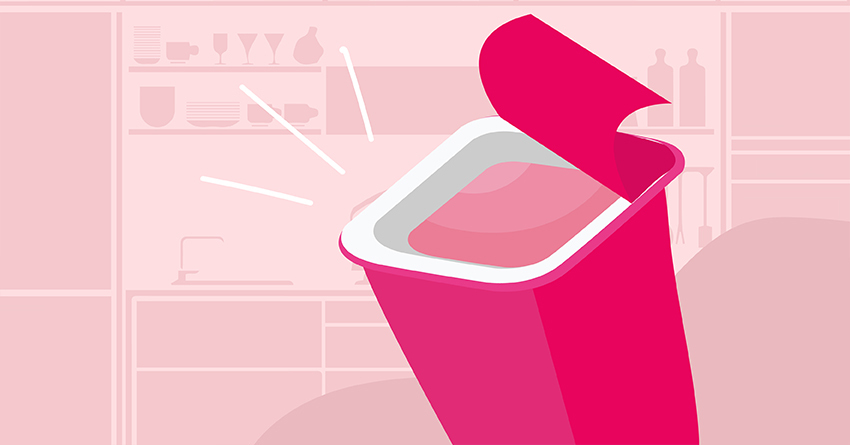
If you’re sure that yeast infection makes your vagina itchy, you may treat it with yogurt. You can either apply yogurt topically to the vulva, insert some yogurt in your vagina through your finger or tampons, or consume yogurt as part of your daily diet. Be careful though, and ensure that the yogurt is unsweetened especially if you’re planning to use it as an ointment.
-
₱4,745.00
-
Original price was: ₱4,745.00.₱4,270.50Current price is: ₱4,270.50.
-
₱4,745.00
-
₱4,745.00
Always use condoms during sex.
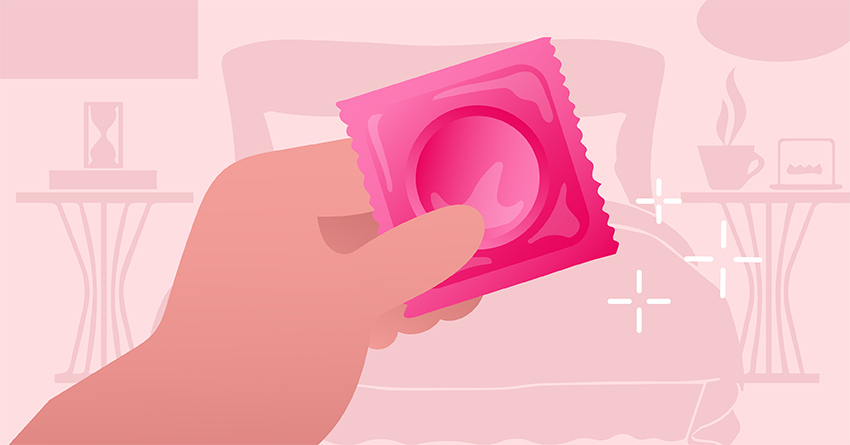
Even if you’re taking other forms of birth control, such as implants, pills, or vaginal rings, it’s best to use the barrier contraceptives aka. condoms during sex—especially for casual encounters. It’s only one of the few birth control methods that can protect you from sexually transmitted diseases and an itchy vagina. On an additional note, avoid the usage of topical contraceptives such as spermicides while using condoms. They may contain ingredients that can irritate your vagina.
Wipe from front to back.
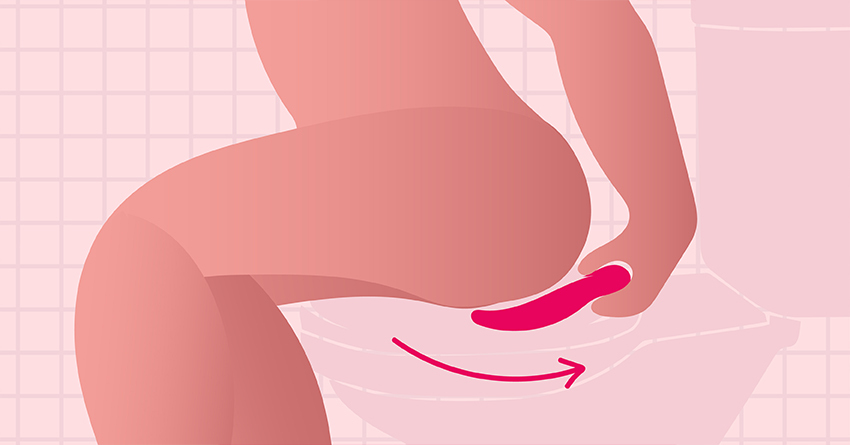
When using the toilet, ensure you’re wiping, preferably patting, from front to back. This practice will keep the bacteria on your rectum away from your vagina, preventing bacterial infections in the process. Also, be selective with the type of toilet paper and wet wipes you use. Go for unscented variants as the fragrant ones may contain ingredients that could irritate your vag.
Don’t scratch!
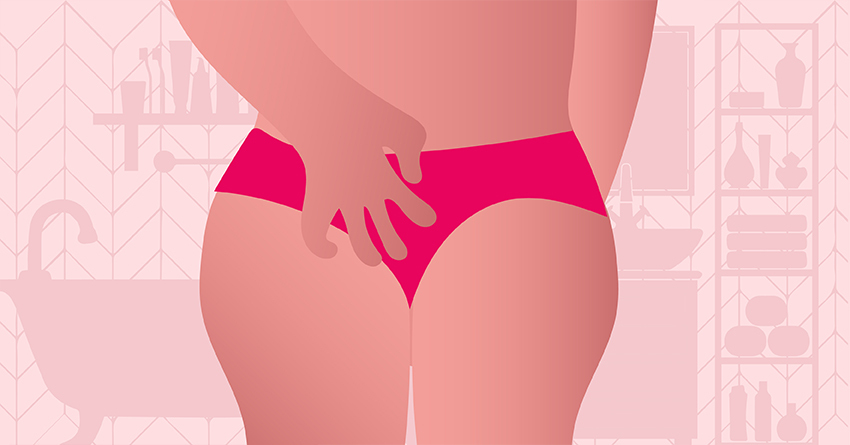
It can be tempting but avoid scratching your vagina when it’s getting itchy. This can only irritate your vagina more. Instead, take your mind off the itching and keep yourself occupied. You can also take a warm bath with mild soap, just to ease off the uncomfortable sensation.
Use a vaginal moisturizer.
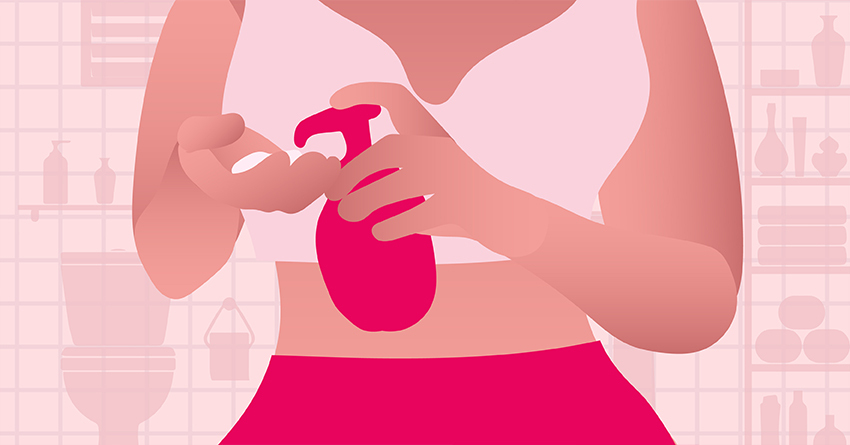
If the cause of your vaginal itching is menopause-related, use a vaginal moisturizer to treat the dryness in your genital area. Consult your doctor first though, just to make sure that you’re using the right products.
Get regular gynecological checkups.
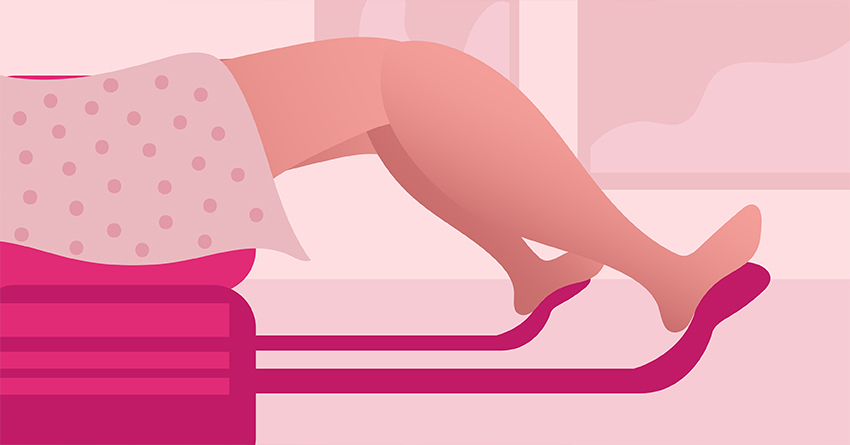
Don’t take your gynecological and sexual health for granted. Aside from your general checkups, it’s best to take regular visits to your trusted OB-Gyne. By doing so, you’ll be able to detect some risks and infections as early as possible, helping you recover in a faster and easier way.
-
₱1,095.00
-
₱1,295.00
When to Consult a Professional Due To An Itchy Vagina
An itchy vagina, depending on the degree, can be solved through home remedies or any over-the-counter treatment. However, certain signs may heavily require a visit or visits to a medical professional who can properly diagnose your current situation and prescribe the necessary precautions. That way, the consistent itching would be alleviated especially if it’s interfering with your daily lifestyle.
According to Healthline, here are some signs to look out for when it comes to your itchy vagina:
- pain or burning during sex or urination
- pain in the genital area or pelvic region
- genital redness or swelling
- blisters or strange spots on your vulva
- unusual vaginal discharge, especially discharge that is green, yellow, or gray
- discharge that looks frothy or has a cottage cheese–like texture
- a foul odor
Alongside this, you’ll be asked about your medical history and perhaps perform a pelvic exam. As mentioned in our tips, getting regular gynecological checkups is important. One of those checkups includes a pelvic exam, wherein your doctor will inspect your vulva. They may also insert a gloved finger into your vagina, inspecting if there are any abnormalities in the said area.
Once the pelvic exam is done, the doctor may either recommend treatment options or take more exams, such as blood or urine tests.
-
Original price was: ₱1,095.00.₱711.75Current price is: ₱711.75.
-
Original price was: ₱1,195.00.₱776.75Current price is: ₱776.75.
-
Original price was: ₱1,295.00.₱841.75Current price is: ₱841.75.
-
₱1,295.00
Frequently Asked Questions
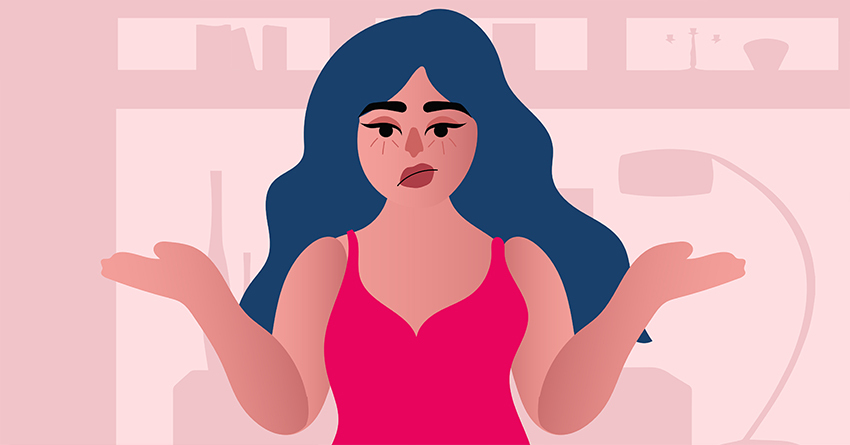
Though we’ve presented most of the needed information on the guide above, you still probably have questions about vaginal itching. With that, we’ve gathered and answered some frequently asked questions about this condition.
Should I keep my vagina dry or damp?
As much as possible, you should keep your vulva and vagina dry throughout the day. If there’s moisture down there, it can affect bacterial growth and may even lead to infections. With that, make sure to pat dry your vulva with unscented toilet paper every time you go to the bathroom. Also do this after showering, only with a clean towel instead. You can also use a blow dryer—just keep it in a cool setting.
Is there a skin protectant that I can use for my vulva?
Let’s say you have prescribed a topical treatment or simply trying a new ointment (though we highly don’t suggest this), you may use a thin layer of extra virgin olive oil, coconut oil or white petrolatum on your genital area to protect off your vulvar skin, preventing vaginal irritation and itching.
I have diabetes, why is my urine considered an irritant?
If you’ve read the first point, we’ve mentioned that your own urine can irritate your vagina, that is if you’re suffering from diabetes. High blood sugar levels can cause glucose to be excreted via the urine. The glucose in the urine can also create a fertile breeding ground for yeast infections, making you more prone to vaginal itching and irritation.
Can I still have sex while having an itchy vagina?
We know that you have sexual needs, but for your own and your partner’s safety, don’t have sex yet unless you know the cause of the itching. Besides, you probably wouldn’t enjoy it since you’re too preoccupied with the itching.
Should I make dietary changes to prevent vaginal itching?
You don’t need to make major dietary changes to prevent vaginal itching, but adding probiotics to your diet can help. Good sources of probiotics are unsweetened yogurt with live bacterial cultures, fermented foods, and supplements containing lactobacillus and acidophilus. On the other hand, avoid consuming white flour and rice, foods made with simple sugars, and foods that are fermented with yeast since it can curb the growth of yeast in your body, increasing your risk of having a yeast infection.
-
Original price was: ₱1,845.00.₱1,476.00Current price is: ₱1,476.00.
-
₱1,345.00
-
₱4,745.00
-
Original price was: ₱4,745.00.₱4,270.50Current price is: ₱4,270.50.
Takeaway
There are several possible as to why your vagina is itchy, and they aren’t always solved merely on ointments. No need to panic or think that the itching may lead to something serious— just observe if there are other symptoms and list down the products that you’ve used a few days ago, as well the activities you’ve done. Now, should there be other symptoms, it’s best to consult a doctor ASAP. The earlier the doctor gets to detect the main cause of the itching, the faster you’ll recover from it.
